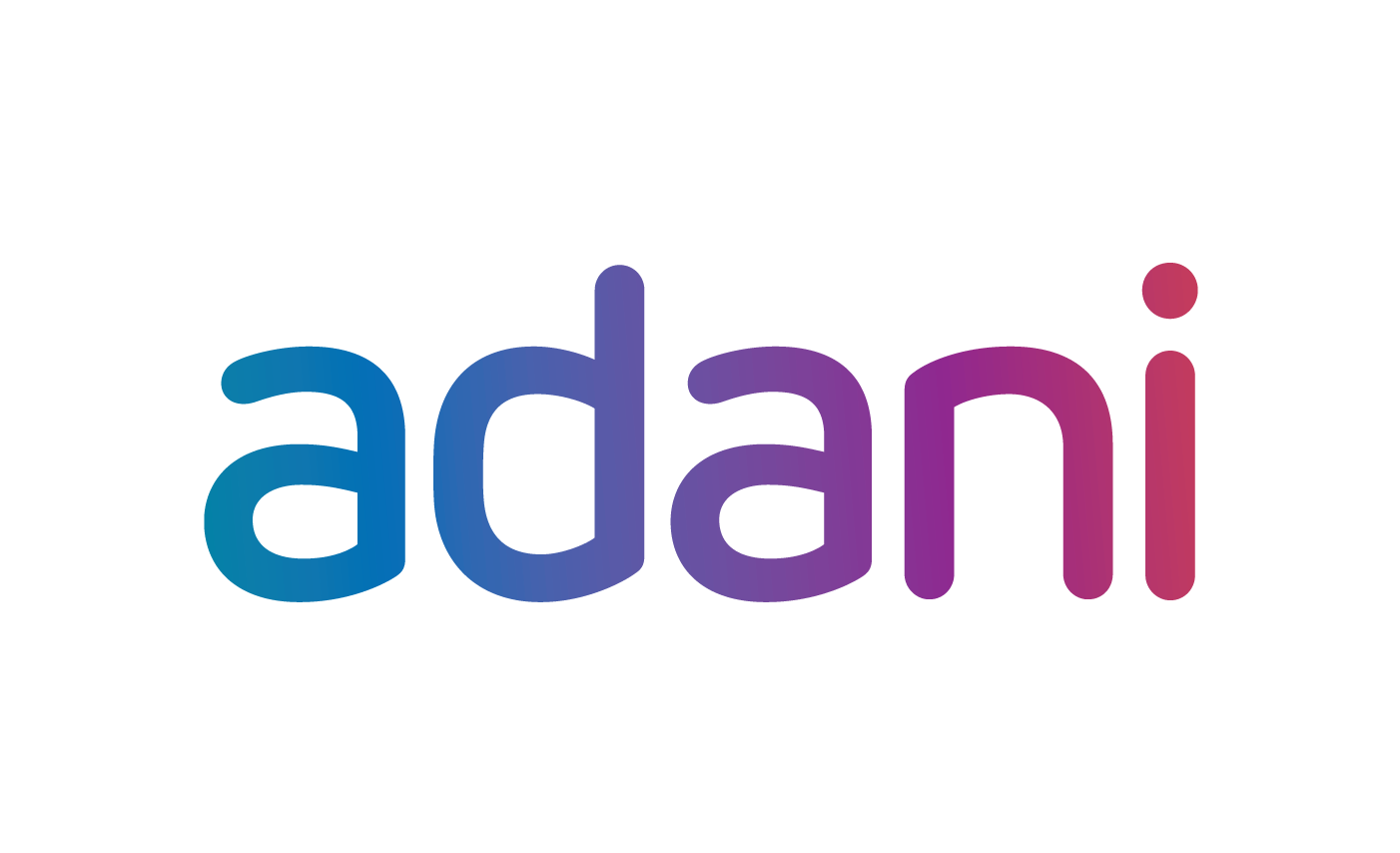Fitch Downgrades Adani Entities Amid US Bribery Allegations: A Comprehensive Analysis
The Adani Group, one of India’s most prominent conglomerates, has found itself at the epicenter of a global controversy. Following allegations of bribery involving U.S.-linked entities, Fitch Ratings has downgraded the credit ratings of several Adani Group companies. This development has sent shockwaves through global markets, raised questions about corporate governance, and intensified scrutiny on the group’s financial and operational practices. In this article, we delve into the allegations, Fitch’s rationale for the downgrade, and the potential implications for the Adani Group and broader markets.

Background: The Adani Group and Its Global Reach
The Adani Group, founded by Gautam Adani in 1988, has grown into a multinational conglomerate with interests spanning ports, energy, mining, airports, and renewable energy. The group’s aggressive expansion strategy has made it a critical player in India’s economic development and an influential entity on the global stage.
In recent years, the Adani Group has faced several controversies, including accusations of over-leveraging, environmental violations, and opaque financial dealings. The latest allegations of bribery, however, have the potential to be the most damaging, as they involve international jurisdictions and could tarnish the group’s reputation irreparably.
The Allegations: Bribery in the Spotlight
The bribery allegations stem from claims that entities linked to the Adani Group engaged in illicit payments to secure contracts and influence regulatory decisions. These allegations were reportedly brought to light by whistleblowers and investigative journalists, prompting investigations by U.S. authorities under the Foreign Corrupt Practices Act (FCPA).
Key Allegations Include:
- Payments made to secure contracts in critical infrastructure projects.
- Alleged use of shell companies to channel funds and obscure transactions.
- Involvement of senior executives in facilitating or approving questionable payments.
The FCPA, which prohibits U.S.-linked entities from bribing foreign officials, has broad jurisdiction and could lead to severe penalties if the allegations are substantiated.
Fitch’s Downgrade: A Blow to Adani’s Financial Standing
Fitch Ratings, one of the world’s leading credit rating agencies, announced the downgrade of several Adani Group entities, citing heightened governance risks and potential financial instability arising from the bribery allegations.
Key Points from Fitch’s Statement:
- Increased Governance Concerns: Fitch highlighted deficiencies in internal controls and transparency within the Adani Group.
- Heightened Risk Perception: The allegations have raised concerns about the group’s ability to access international capital markets.
- Pressure on Financial Metrics: Fitch expressed concerns about potential legal and regulatory fines, which could strain the group’s already leveraged balance sheet.
Affected Entities:
- Adani Ports and Special Economic Zone (APSEZ): Downgraded from BBB+ to BBB.
- Adani Green Energy: Downgraded from BBB to BBB-.
- Adani Transmission: Downgraded from BBB to BBB-.
The downgrades reflect a shift in investor confidence and could lead to higher borrowing costs for the group.

Market Reaction: A Ripple Effect
The market reaction to Fitch’s downgrade was swift and severe. Shares of Adani Group companies witnessed sharp declines, erasing billions in market capitalization. International investors, particularly those exposed to Adani’s dollar-denominated bonds, have also responded with caution.
Impact on Stock Performance:
- Adani Ports: Shares fell by over 10% in the days following the downgrade.
- Adani Green Energy: Experienced a 15% drop in market value amid concerns over project viability.
- Adani Enterprises: Declined by 8%, reflecting broader skepticism about the group’s future prospects.
Broader Implications: Regulatory, Economic, and Political Fallout
The fallout from Fitch’s downgrade and the bribery allegations extends beyond the Adani Group, raising questions about corporate governance in India and the resilience of its financial markets.
1. Regulatory Implications:
Regulatory agencies in India, including the Securities and Exchange Board of India (SEBI), are under pressure to intensify scrutiny of corporate governance practices. The allegations against Adani may lead to:
- Stricter disclosure requirements for listed companies.
- Increased oversight of related-party transactions and offshore dealings.
- Potential legal reforms to enhance corporate accountability.
2. Impact on India’s Investment Climate:
The controversy has cast a shadow over India’s investment climate. As one of India’s largest conglomerates, Adani’s troubles could:
- Deter foreign investors wary of governance risks.
- Impact India’s ambitious infrastructure and renewable energy goals, which rely heavily on private sector participation.
3. Political Repercussions:
The Adani Group’s close ties to the Indian government have added a political dimension to the controversy. Critics argue that regulatory agencies may face conflicts of interest in investigating the group thoroughly, potentially undermining public trust.

Legal and Financial Risks: What’s Next for the Adani Group?
1. Potential Fines and Settlements: If found guilty under the FCPA, the Adani Group could face hefty fines and penalties, potentially running into hundreds of millions of dollars. Such financial liabilities could:
- Strain cash flows and liquidity.
- Force the group to divest assets or delay planned projects.
2. Access to Capital: The downgrade and allegations may limit the group’s ability to raise funds in international markets. This could:
- Increase reliance on domestic borrowing at higher interest rates.
- Delay key infrastructure and renewable energy projects.
3. Reputational Damage: Rebuilding investor and public trust will be a significant challenge for the Adani Group. Enhanced transparency, governance reforms, and proactive engagement with stakeholders will be critical in restoring confidence.
Expert Opinions: Industry and Market Perspectives
Market Analysts: “The allegations against Adani have created a ripple effect across emerging market funds. The group’s leverage and governance practices are under scrutiny like never before,” says a senior analyst at Morgan Stanley.
Corporate Governance Experts: “This incident highlights the need for stronger governance norms in India’s corporate sector. Companies with significant global exposure must adhere to international standards,” states a governance consultant.
Environmental and Social Activists: “Adani’s troubles are a wake-up call for companies prioritizing growth over ethical practices. Sustainable and inclusive development must take precedence,” argues an activist from Greenpeace.
Steps Forward: Adani’s Response and Path to Recovery
The Adani Group has denied the bribery allegations and pledged full cooperation with ongoing investigations. Key measures the group is reportedly undertaking include:
1. Independent Investigations: Engaging third-party auditors to review internal processes and identify lapses.
2. Governance Reforms: Implementing stricter compliance frameworks and enhancing board oversight.
3. Stakeholder Communication: Maintaining transparency in financial reporting and proactive engagement with investors and regulators.
Conclusion: A Critical Juncture for the Adani Group
The bribery allegations and subsequent Fitch downgrades mark a critical juncture for the Adani Group. While the group’s resilience and strategic importance to India’s economy cannot be underestimated, the current crisis underscores the importance of robust governance and ethical practices in sustaining long-term success.
As the investigations unfold, the Adani Group’s ability to address allegations transparently, implement reforms, and regain investor confidence will determine its trajectory. For India, this episode serves as a stark reminder of the need to balance rapid economic growth with rigorous adherence to corporate governance standards.









